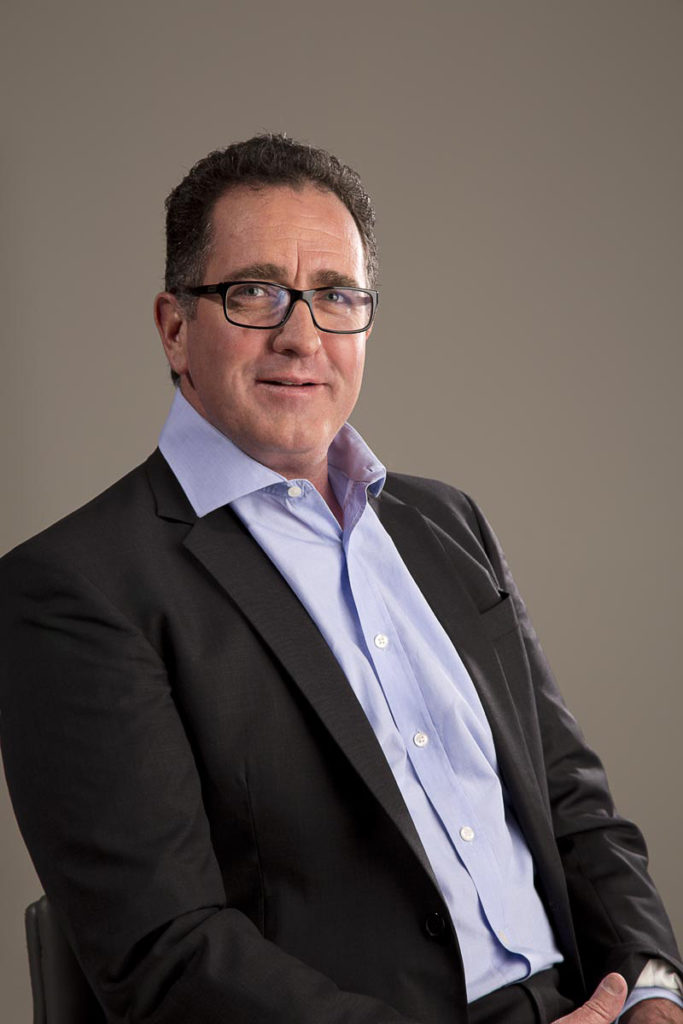By: Sean Hanlon, Executive Director at BrightRock

2020 rocked our worlds unexpectedly last year, and every facet of our lives changed in a matter of weeks. Like almost every industry, the life insurance space was impacted and we had to find new ways of doing business with our clients.
One interesting outcome to emerge out of the year that was, according to NMG Risk Distribution Monitor South Africa, was that customers had a greater appreciation of the significance of life insurance and financial advice. Sixty-six percent of under-35s and 57% of 35-to-50-year olds indicated that they were more concerned about COVID-19’s impact on the importance of insurance. Many clients have had to rethink their needs – and with them, their financial priorities – over the past few months.
However, what we also need to bear in mind is that, while people may need and want advice, there is also a deepening trust deficit. When we started BrightRock in 2011, we did so in the wake of the 2008 global recession, which had been caused by the sub-prime lending crisis in the USA – a result of poor governance and a lack of transparency among major financial institutions. One of our key insights then was just how much clients’ faith in companies and financial services, in particular, had been shaken by these events. In many ways, our needs-matched product design was a direct response to this.
What we’re seeing now, is a similar trust deficit and the pandemic has only exacerbated this.
In the aftermath of the lockdown period, people’s finances are more under pressure than ever before and consumers feel they’ve been let down by both private and public institutions. The 2019 Edelman Trust Barometer indicated that financial services remain the least-trusted sector at just 57% trust among the general population. And this was before COVID-19.
Research conducted by the EY Future Consumer Index in the US shows that it will take a while for people to be comfortable doing things the same ways they did them pre-lockdown. The majority of respondents reported that it would be months or years for them to feel comfortable, or that perhaps they never would feel comfortable, flying on a plane (80%), going to bars and pubs (75%), exercising in fitness clubs (74%) or going to restaurants (61%).
As concerning as mistrust may be, it is also an opportunity for our industry to demonstrate how it can serve and protect clients. For financial advisers, in particular, their role is more important than ever. For example, if people don’t trust the normal way of doing things, it makes sense to offer alternatives, such as advice over video calls, paperless admin, or home visits for underwriting.
Financial advisers can play an important role in bridging trust-gap by providing expert, client-centric advice. In fact, the data shows that people are seeking out advice more than ever. According to ReMark’s Annual Global Consumer Study, 42.2% of insurance clients said that they trusted automated services less than human advice. This is up significantly from 33.5% in 2019. For most people, having someone to think with, who can help you figure out what matters most to you, to work through financial complexity with you, and to provide you with some certainty, is more necessary than ever.
It’s important to nurture relationships and perceptions in order to gain your clients’ trust. According to a report by Vanguard, clients are more trusting of advisers who meet their functional, emotional and ethical needs. And the only way to do this is through building solid relationships with your clients.
The process of building relationships takes time, as it may require a lot of listening and back and forth communication. However, it provides a solid basis for the adviser to recommend products that tick all the boxes that matter most. And this is where having needs-matched insurance comes in. Clients are looking for insurance that’s as individual as they are; a one-size-fits-all approach didn’t work before the pandemic and it’s definitely not going to win clients over now.
Once a client knows you’re tuned into their needs, you have their trust – and that’s where the real communication begins.

At OWLS Software we offer 8000 insurance software features designed to automate any Insurers, UMAs or Brokers insurance admin.

